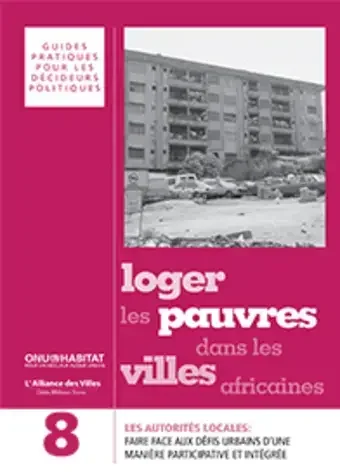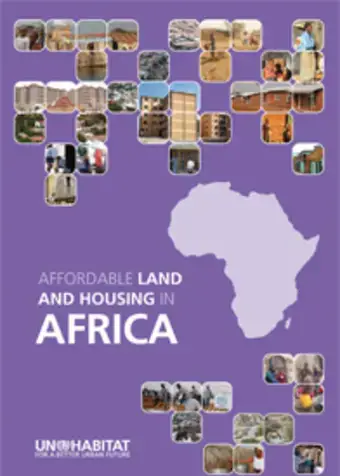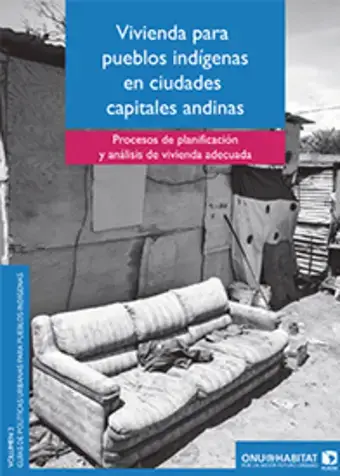Informal builders provide the bulk of affordable housing and define large areas of our cities. Originally created for those long considered as poor and unable to house themselves, over time the resultant informal housing generally matches higher income standards. This incremental process has been adopted by governments into programmes called 'site and services', focusing on housing and land development, and embracing process as the key. A methodology to capture this process has been developed which offers a base for developing effective policies in supporting the incremental builders.
Scaling-Up Affordable Housing Supply in Brazil
 Since 2009, Brazil has been implementing an ambitious national social housing programme: the My House, My Life Programme (Programa Minha Casa, Minha Vida). The Programme was designed to stimulate the production and acquisition of new housing units for the low- and low-middle income population. The initial goal was to contract 1 million housing units in the biennium 2009-2010.
Since 2009, Brazil has been implementing an ambitious national social housing programme: the My House, My Life Programme (Programa Minha Casa, Minha Vida). The Programme was designed to stimulate the production and acquisition of new housing units for the low- and low-middle income population. The initial goal was to contract 1 million housing units in the biennium 2009-2010.
Fiji: National Urban Profile
 The Fiji National Urban Profile consists of an accelerated, action-oriented assessment of urban conditions, focusing on priority needs, capacity gaps, and existing institutional responses at local and national levels. The purpose of the study is to develop urban poverty reduction policies at local, national, and regional levels, through an assessment of needs and response mechanisms, and as a contribution to the wider-ranging implementation of the Millennium Development Goals.
The Fiji National Urban Profile consists of an accelerated, action-oriented assessment of urban conditions, focusing on priority needs, capacity gaps, and existing institutional responses at local and national levels. The purpose of the study is to develop urban poverty reduction policies at local, national, and regional levels, through an assessment of needs and response mechanisms, and as a contribution to the wider-ranging implementation of the Millennium Development Goals.
Housing and Slum Upgrading
The Global Housing Strategy, mandated by Governing Council resolution 23/16, guides the programmatic work for Housing and Slum Upgrading area. It assists member States to analyze their housing policies and formulate housing strategies and interventions that are gender-responsive. The overall objective of Housing and Slum Upgrading area is to increase access to adequate housing, improve the standard of living in existing slums and curb the growth of new slums in an inclusive manner.



 The Guide to Land Mediation mainly draws its inspiration from practical experience on the ground of the land program conducted by UN-Habitat in eastern Democratic Republic of the Congo, especially in North Kivu, South Kivu and Ituri.
The Guide to Land Mediation mainly draws its inspiration from practical experience on the ground of the land program conducted by UN-Habitat in eastern Democratic Republic of the Congo, especially in North Kivu, South Kivu and Ituri. Countries in the Latin America and Caribbean region were the first in the developing world to go through rapid urbanisation. Today, the region is the second most urbanised region in the world.
Countries in the Latin America and Caribbean region were the first in the developing world to go through rapid urbanisation. Today, the region is the second most urbanised region in the world.